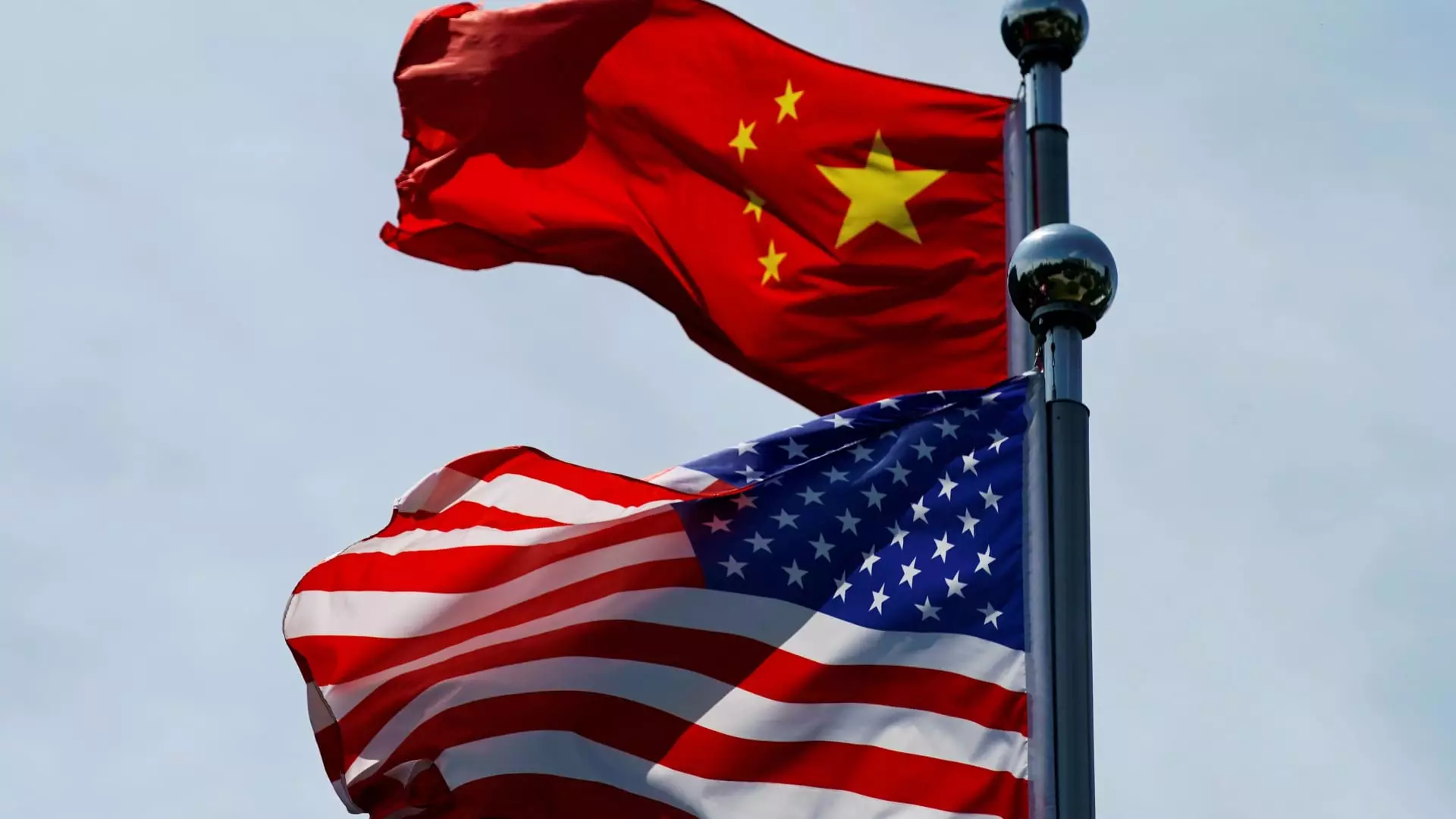The struggle for dominance in rare earth elements is not merely a market dynamic; it has become a geopolitical chess game, with players like the United States and China at the forefront. In a recent high-stakes dialogue between the presidents of the U.S. and China, the festering issue of rare earth exports surfaced without a satisfactory resolution. Businesses across various sectors are now bracing for a potential shutdown of production, reflecting the vulnerability that results from over-reliance on a single country for critical minerals. This precarious situation raises serious questions about the sustainability and strategic implications of global supply chains, particularly in the automotive and technology sectors.
The Impact of China’s Export Controls
China’s tightening grip on rare earth exports has taken a turn for the worse with new controls on seven essential elements announced in April. This was not merely an arbitrary bureaucratic move—it revealed a calculated strategy to exert economic pressure amid deteriorating U.S.-China relations. While China emphasizes that these measures are “non-discriminatory,” the reality is that they are squarely aimed at challenging geopolitical rivals through economic means. The phase of gradual restriction has transitioned to an outright blockade, leaving 75% of affected businesses reporting their material supplies would run out within three months. When vital components for industries like electric vehicles, consumer electronics, and military applications are threatened, it creates a domino effect that could paralyze sectors essential for modern economies.
What Lies Beyond Tariffs?
A significant point worth contemplating is that the conflict between these two economic behemoths is no longer confined to tariffs. As highlighted by experts, it is the non-tariff barriers, particularly regarding technology and critical minerals, that could cripple economies faster than trade taxes. This has broad implications, as both nations realize that their vulnerabilities lie not just in agricultural or industrial products but also in rare earth elements that are indispensable for technological advancement. While U.S. officials like President Trump maintain optimism about a conceivable trade deal, the lack of transparency and the slow pace of export licenses only serves to deepen the crisis.
The Ripple Effect on Global Supply Chains
As we witness these developments, it becomes clear that the repercussions extend far beyond U.S.-China relations. European companies have begun to feel the sting, with production halts reported among auto parts manufacturers. The European Union Chamber of Commerce lamented that only 25% of export license applications were approved, signaling a catastrophic breakdown in global supply chains. The dependencies created by globalization are exposed in stark relief—one country’s restrictions can spell disaster for another’s economy. Without a robust strategy to diversify sources of these minerals, Western nations might find themselves held hostage to Beijing’s strategic considerations.
Automakers in Peril
The automotive industry, already beset by various challenges including semiconductor shortages, now faces the specter of production shutdowns due to the rare earth export crisis. Notably, Suzuki Motor’s temporary suspension of production of the Swift car highlights the acute nature of this crisis. The idea that an entire manufacturing sector can be brought to its knees by export controls reveals a distressing level of fragility in modern supply chains. The ripple effect on employment, delivery timelines, and economic growth cannot be overstated. The automotive industry serves as a bellwether for the broader economic landscape and reinforces the pressing need for self-sufficiency in critical mineral extraction.
The Path Forward: A Call for Strategic Independence
Growing awareness around the peril of relying on a single entity for essential resources is crucial for future stability. It would be wise for the U.S. and its allies to invest more heavily in domestic sourcing and processing of rare earth elements. There is an immediate need for a strategic pivot to develop alternative supply lines and create robust reserves. Collaborating with allied nations to establish a more diverse and resilient supply chain should not only be a governmental priority but also a corporate responsibility. The geopolitical realities of our time demand proactive measures to ensure that industries remain operational and competitive.
As we navigate this landscape filled with uncertainties, one thing remains crystal clear: The game has changed. Holding our breath during tense negotiations is no longer an option; the focus must shift to tangible solutions that prioritize national interests while encouraging collective resilience in the face of global challenges.

